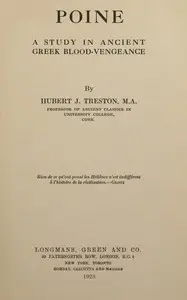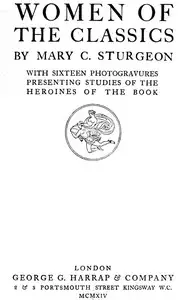"Audrey Craven" by May Sinclair is a novel written in the early 20th century. The story introduces us to the titular character, Miss Audrey Craven, who is portrayed as a captivating yet complex young woman navigating her social environment and the expectations of those around her. The book explores themes of identity, relationships, and the quest for meaning, particularly focusing on Audrey's interactions with various characters, including her cousin Vincent and her suitor Ted Haviland. At the start of the novel, we find Audrey at a dinner party where she is the center of attention but struggles with the significance of her existence beyond her beauty and social standing. Although initially filled with potential for self-discovery, Audrey remains caught between the expectations of her peers and her own aspirations for revelation and significance. The opening chapters set the stage for a rich exploration of her inner life and the relationships that may help or hinder her journey towards finding her place in the world. Through vivid characterization and dialogue, Sinclair invites readers to delve into the complexities of human emotions and the pursuit of authenticity. (This is an automatically generated summary.)

Audrey Craven
By May Sinclair
"Audrey Craven" by May Sinclair is a novel written in the early 20th century. The story introduces us to the titular character, Miss Audrey Craven, wh...
May Sinclair was the pseudonym of Mary Amelia St. Clair, a popular British writer who wrote about two dozen novels, short stories and poetry. She was an active suffragist, and member of the Woman Writers' Suffrage League. She once dressed up as a demure, rebel Jane Austen for a suffrage fundraising event. Sinclair was also a significant critic in the area of modernist poetry and prose, and she is attributed with first using the term 'stream of consciousness' in a literary context, when reviewing the first volumes of Dorothy Richardson's novel sequence Pilgrimage (1915–1967), in The Egoist, April 1918.












